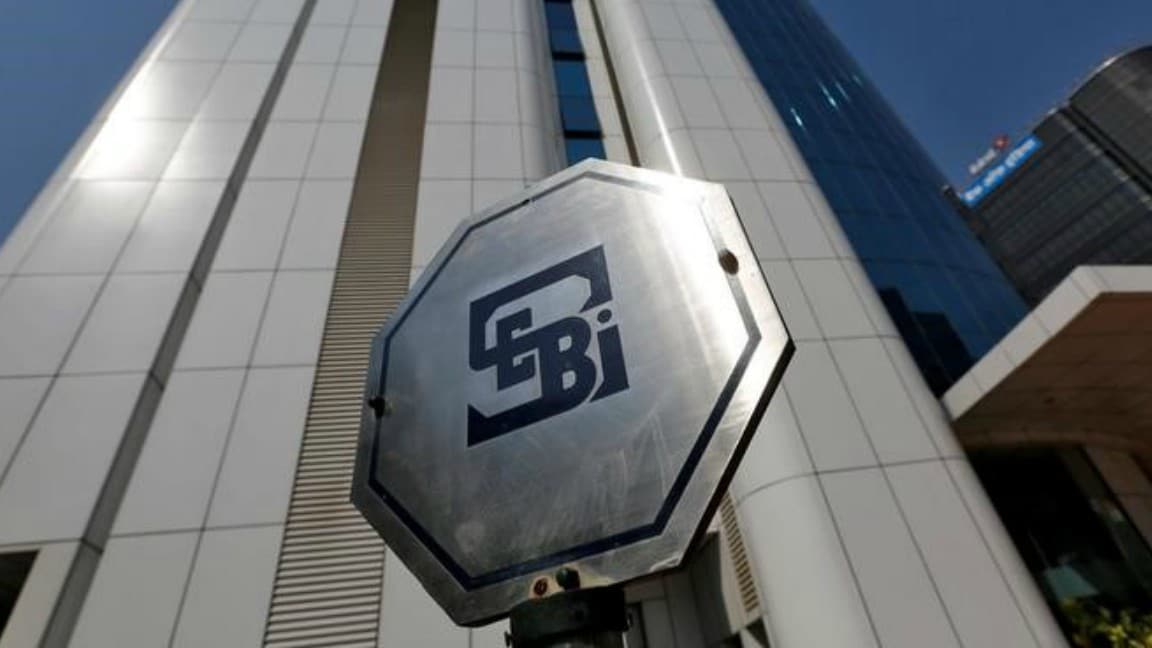The National Stock Exchange (NSE) closes cash and future markets at 11:40 am. The rates were not updating since 10:08 am. In an interview with CNBC-TV18, Dipan Mehta of Elixir Equities, Rajesh Baheti, MD of Crosseas Capital Services, Nithin Kamath of Zerodha, Deepak Shenoy, Founder of Capital Mind, JN Gupta, MD of Stakeholders Empowerment Services and Former ED of SEBI, Mohandas Pai, Former Board Member of NSE and Dinesh Thakkar, CMD of Angel Broking shared their views on the technical glitch and the market.
“It’s one of the technical glitches which exchanges do face from time to time. It’s not just NSE, we have seen Tokyo Stock Exchange, Nasdaq and other exchanges also occasionally, have some technical issues because of which they need to shut down temporarily and which is what has happened today,” said Mehta.
Meanwhile, Kamath said, “I am guessing they (NSE) are redoing their beginning of the day process because every time you close an exchange and restart, you will have a bunch of process to follow which potentially can take some time and that’s what is happening right now.”
“In all likelihood all the open orders that were placed until now will be cancelled and when the market will reopen people will have to place orders again,” said Kamath.
Speaking about the technical glitch, Baheti said, “If you have technology it’s bound to create some glitches. There are multiple issues and technology is something that can breakdown. My only request is, we at broker’s end also face technology issues but the exchange does not spare us when something like this happens with us. So maybe it’s time for the exchanges also to understand that at the broker’s end also, from time to time, we face technology issues and that kind of leverage should be given to us also.”
On trading resumption, Gupta said, “The trading will resume, but when we do not know but if the trading resumes quite late and there is a very little time then logically the trading time should be extended but then it will be a difficult thing because Bombay Stock Exchange (BSE) will have to extend.”
Talking about backup support, Pai said, “I agree that it’s a cause of worry. The hot standby should come up in 45 minutes and if that doesn’t come by the second standby should come up because there is a standby to a standby; the entire architecture is extremely robust, the best minds in the world and the best minds in India have worked on that. So let us wait to see what happens. Yes, I understand the anxiety of all the traders; they are anxious about money, settlement etc. I am sure SEBI will come with a protocol and will make sure that there is a soft-landing. We must understand that NSE and BSE are the best in class institutions globally. We must give them the benefit of doubt and not condemn them.”
For entire discussion, watch the video.




